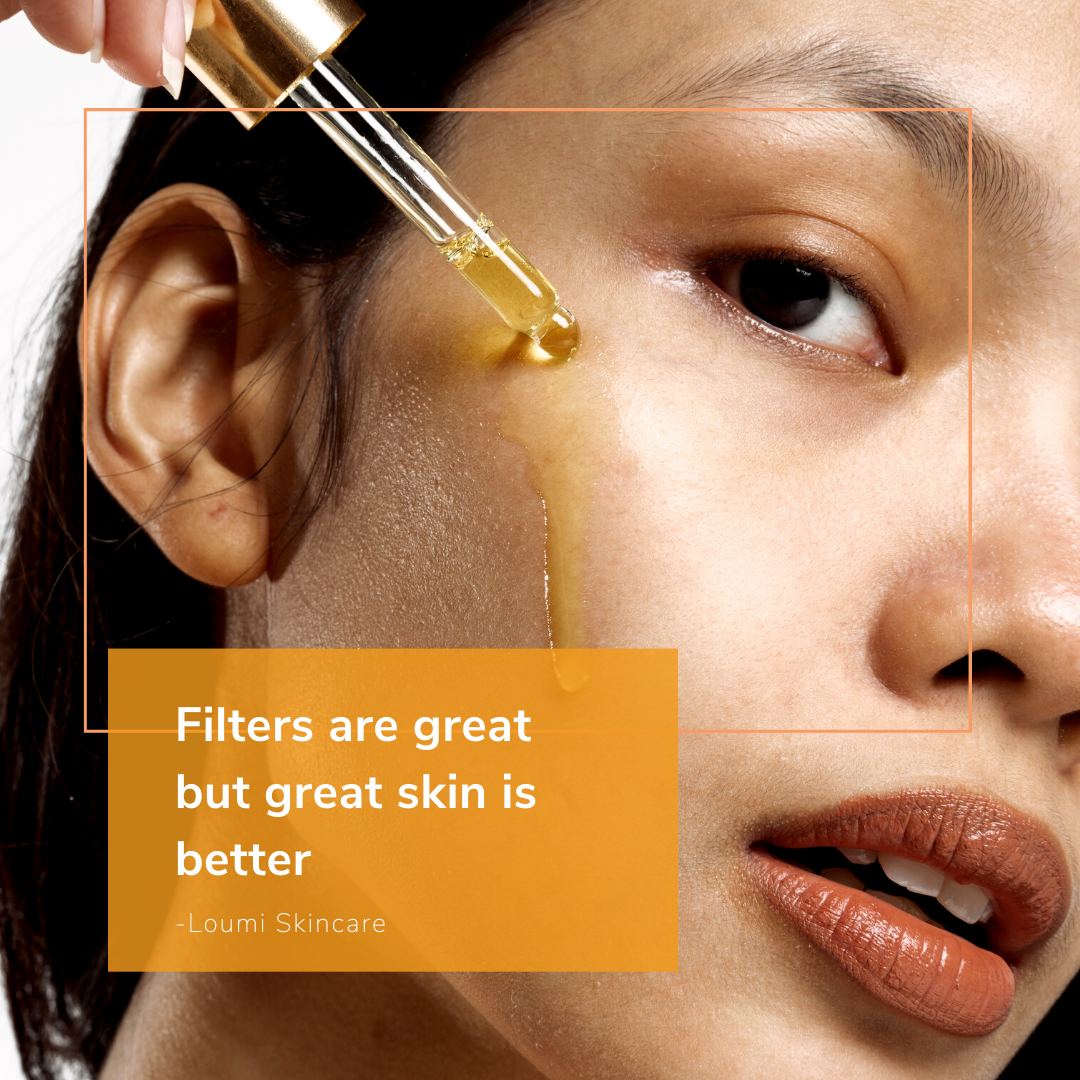
Welcome to our comprehensive guide on achieving radiant, healthy skin! Whether you're a skincare novice or a seasoned aficionado, our expert tips and tricks will help you elevate your skincare routine. This blog is packed with high-ranking keywords to ensure you're equipped with the latest and most effective skincare strategies.
Understanding Your Skin Type
The first step in any effective skincare routine is understanding your skin type. Your skin type influences the types of products you should use and the specific issues you need to address. The main skin types are:
- Oily Skin: Characterized by excess sebum production, oily skin can lead to enlarged pores and acne.
- Dry Skin: Lacks moisture, leading to flakiness, irritation, and a dull complexion.
- Combination Skin: Features both oily and dry areas, typically an oily T-zone and dry cheeks.
- Sensitive Skin: Prone to redness, irritation, and allergic reactions.
How to Determine Your Skin Type
- Bare Face Test: Wash your face with a gentle cleanser, pat dry, and leave it bare for an hour. Observe your skin—if it feels tight, you likely have dry skin. If it appears shiny all over, you have oily skin. If only the T-zone is shiny, you have combination skin.
- Blotting Paper Test: Press blotting paper on different areas of your face. Hold it up to the light to see the oil markings. If the paper shows little to no oil, you have dry skin. If it’s soaked with oil, you have oily skin. If only certain areas show oil, you have combination skin.
Building a Skincare Routine
1. Cleansing
Start with a gentle cleanser that suits your skin type. Cleansing removes dirt, makeup, and impurities, preparing your skin for other products. For oily skin, opt for a foaming cleanser. Dry skin benefits from a hydrating cream cleanser. Sensitive skin types should choose a fragrance-free, mild formula.
2. Exfoliating
Exfoliation helps remove dead skin cells, promoting cell turnover and preventing clogged pores. Use a chemical exfoliant like AHAs (alpha-hydroxy acids) or BHAs (beta-hydroxy acids) 2-3 times a week. Avoid physical exfoliants with harsh scrubs as they can damage the skin barrier.
3. Toning
Toners help balance your skin’s pH and prepare it for moisturizers and serums. Look for alcohol-free formulas with ingredients like witch hazel, rose water, or hyaluronic acid.
4. Serums
Serums contain concentrated active ingredients that target specific skin concerns. Vitamin C serums brighten and even out skin tone, while hyaluronic acid serums provide intense hydration. For anti-aging, consider a serum with retinol or peptides.
5. Moisturizing
Hydration is crucial for all skin types. Oily skin benefits from lightweight, oil-free moisturizers. Dry skin thrives on richer, creamier formulas. Combination skin can use a gel moisturizer for the T-zone and a cream for drier areas.
6. Sun Protection
Daily sunscreen use is non-negotiable. Choose a broad-spectrum SPF 30 or higher. Sunscreen protects against harmful UV rays, preventing premature aging and skin cancer.
Key Ingredients to Look For
Hyaluronic Acid
Known for its hydrating properties, hyaluronic acid can hold up to 1000 times its weight in water. It's suitable for all skin types and helps plump and hydrate the skin.
Retinol
A powerful anti-aging ingredient, retinol increases cell turnover and boosts collagen production. Start with a low concentration to avoid irritation and gradually increase usage.
Vitamin C
An antioxidant that brightens the skin and fights free radicals. It also helps fade dark spots and improve skin texture.
Niacinamide
Also known as Vitamin B3, niacinamide reduces inflammation, minimizes pores, and regulates oil production. It’s suitable for all skin types, particularly oily and acne-prone skin.
Salicylic Acid
A beta-hydroxy acid (BHA) that penetrates deep into the pores to exfoliate and clear out impurities. Ideal for acne-prone and oily skin types.
Addressing Common Skincare Concerns
Acne
To combat acne, look for products with salicylic acid, benzoyl peroxide, or tea tree oil. Consistent exfoliation and non-comedogenic products are also crucial.
Aging
For anti-aging, incorporate retinol, peptides, and antioxidants into your routine. Don’t forget to use sunscreen daily and hydrate your skin adequately.
Hyperpigmentation
Ingredients like vitamin C, niacinamide, and alpha arbutin can help fade dark spots and even out skin tone. Regular exfoliation with AHAs also promotes skin renewal.
Lifestyle Tips for Healthy Skin
- Hydrate: Drink plenty of water to keep your skin hydrated from within.
- Diet: Eat a balanced diet rich in fruits, vegetables, and omega-3 fatty acids.
- Sleep: Aim for 7-9 hours of quality sleep to allow your skin to repair and regenerate.
- Stress Management: Practice stress-reducing activities like yoga, meditation, or exercise.
Conclusion
Achieving radiant skin involves understanding your skin type, using the right products, and maintaining a consistent skincare routine. Incorporate high-quality ingredients like hyaluronic acid, retinol, and vitamin C, and address specific concerns with targeted treatments. Remember, healthy skin also depends on a balanced lifestyle, including proper hydration, diet, sleep, and stress management.
Stay consistent and patient, as skincare is a journey. With these expert tips, you'll be on your way to achieving glowing, healthy skin.
